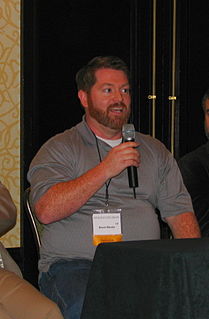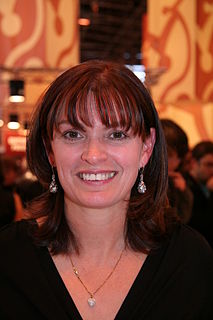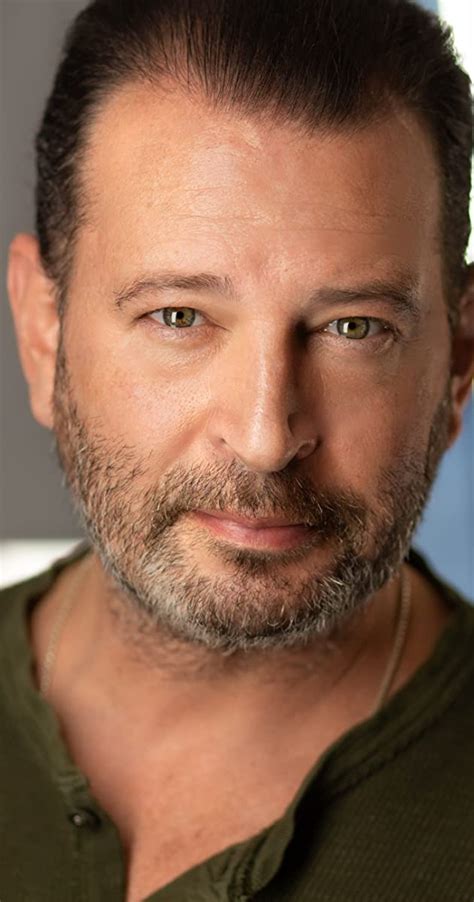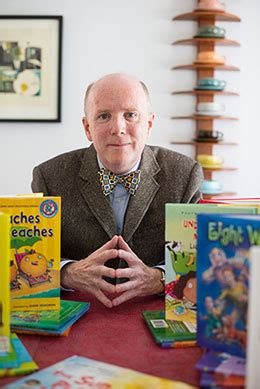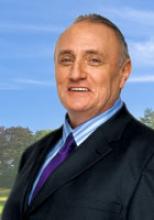A Quote by Russell Smith
Anyone who has set out to invent a purely imaginary story knows that the whole thing is fantasy, from beginning to end; there must be a sense of magic created about the most restrained of naturalism.
Related Quotes
If the point of life is the same as the point of a story, the point of life is character transformation. If I got any comfort as I set out on my first story, it was that in nearly every story, the protagonist is transformed. He's a jerk at the beginning and nice at the end, or a coward at the beginning and brave at the end. If the character doesn't change, the story hasn't happened yet. And if story is derived from real life, if story is just condensed version of life then life itself may be designed to change us so that we evolve from one kind of person to another.
In a closed urban fantasy, the magical world is secret and no one knows about it. In an open urban fantasy, everyone knows about it. So with a closed fantasy, you have to figure out how the world keeps itself secret, and with an open one, you have to figure out how knowledge of magic has altered the world we know.
When I set out to write a screenplay, I have in my mind a beginning and an end but that end part continually changes as I start to write the middle. That way by the time the screenplay is finished I have taken myself and my audience from a familiar beginning point through the story to an unfamiliar ending point.
My own experience is that once a story has been written, one has to cross out the beginning and the end. It is there that we authors do most of our lying . . . one must ruthlessly suppress everything that is not concerned with the subject. If, in the first chapter, you say there is a gun hanging on the wall, you should make quite sure that it is going to be used further on in the story.
The thing I love about being a novelist is that with each project, you invent a new world. You approach it with a different set of aesthetic and structural ideas, and you grapple with a different series of problems in figuring out how to tell the story. And yet there are certain concerns that stay constant.
If you're gonna tell a story from beginning to end, I always think you have to have a great structure in a script. If it gets you excited and it's something you've never read before that's another plus. I think also with improv and that whole world of stand-up, that's a whole other organism of comedy that still needs a story, but it's more free-form. On the set, it is the combination of both those worlds coming together: a great script and an allowance to play with it.




